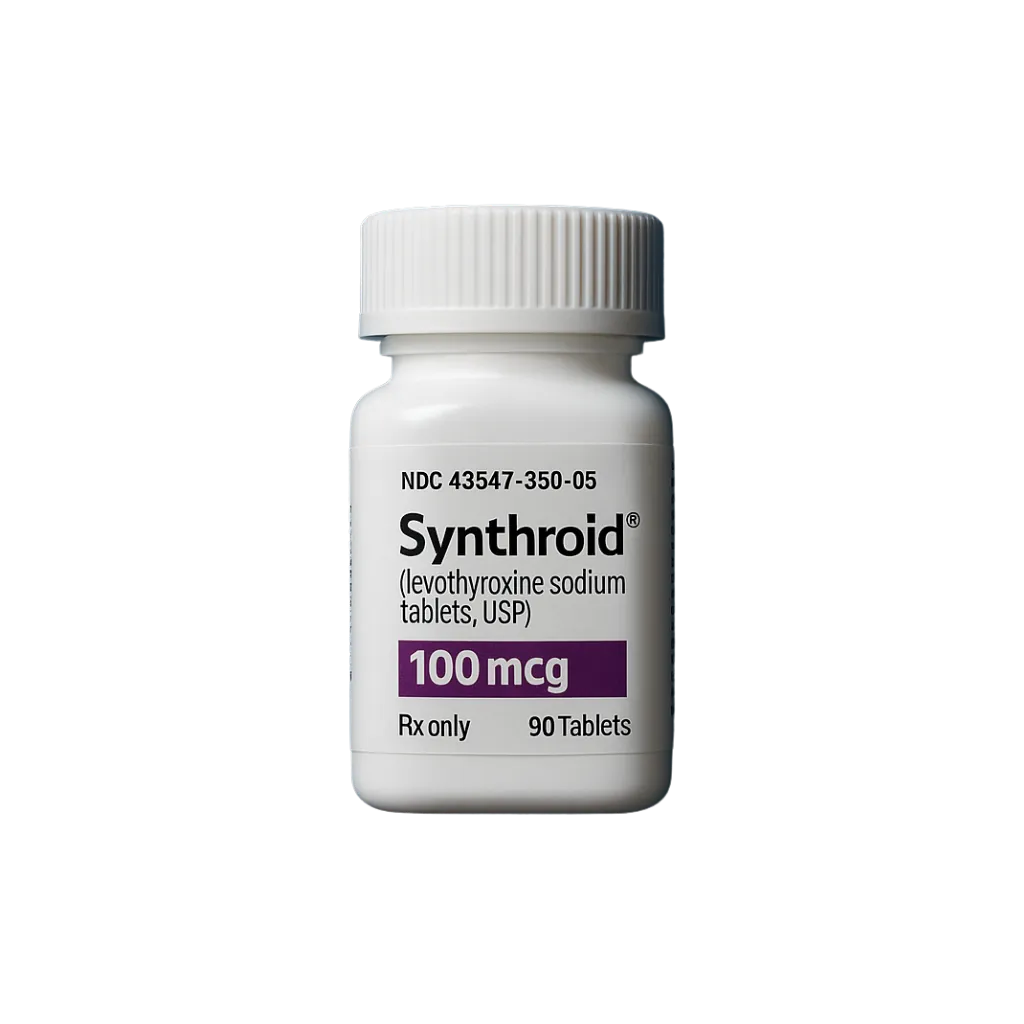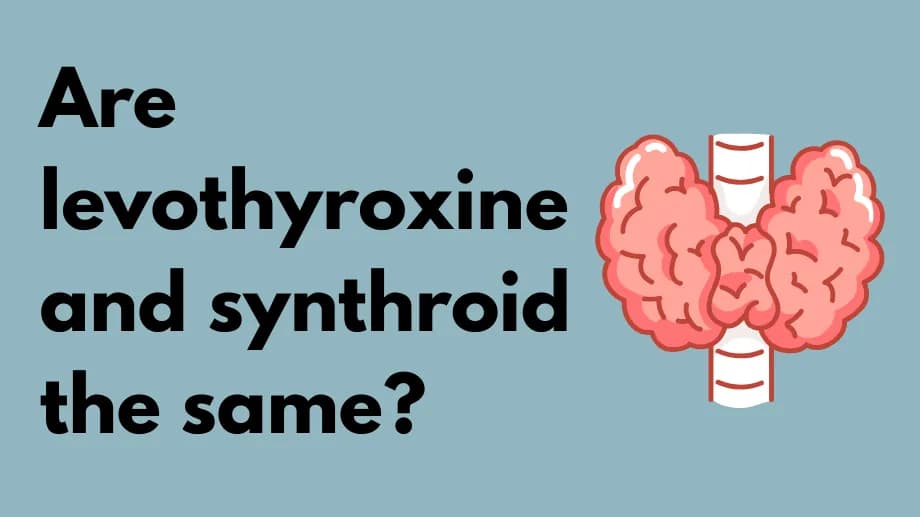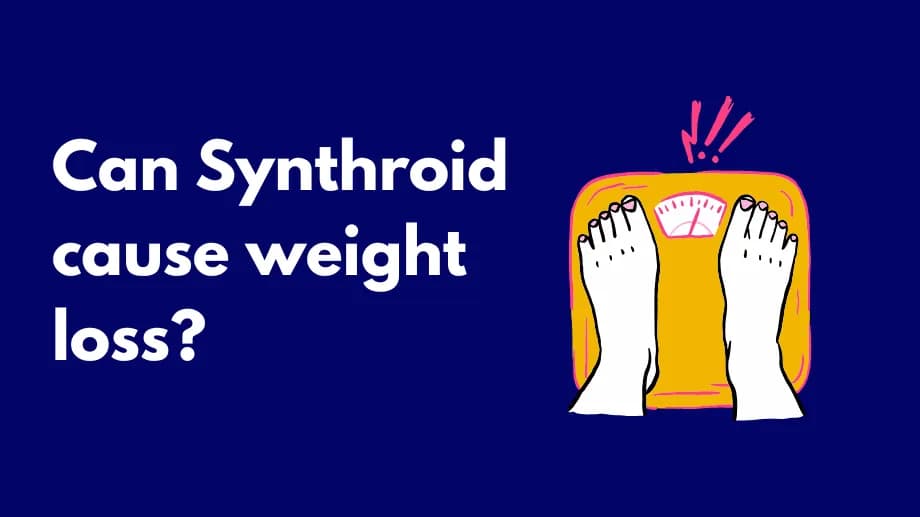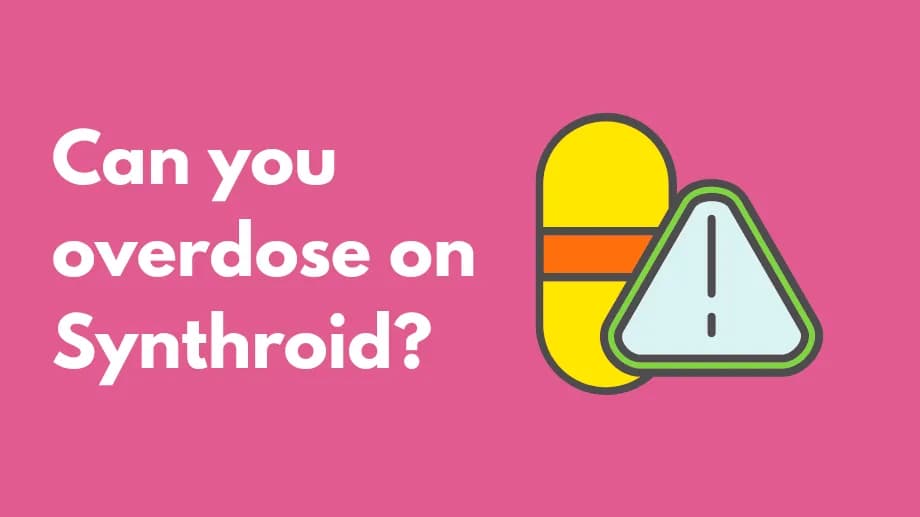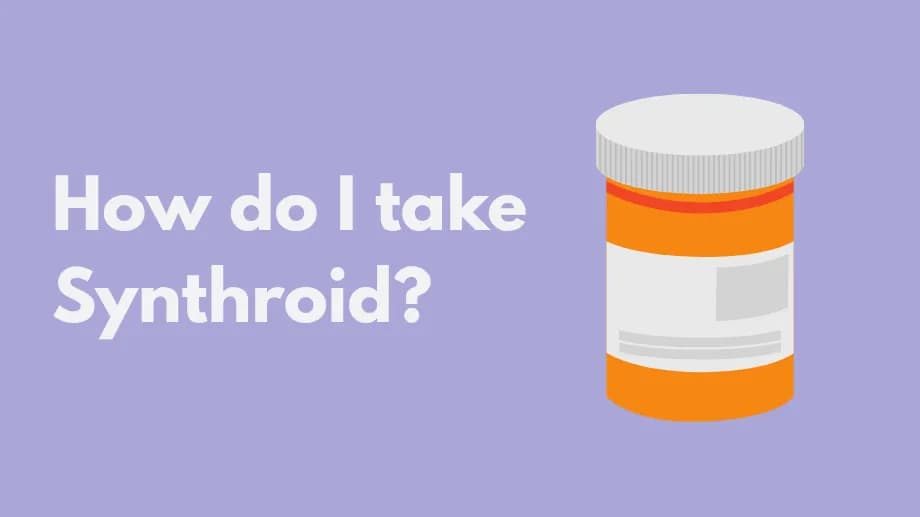Are levothyroxine and synthroid the same?
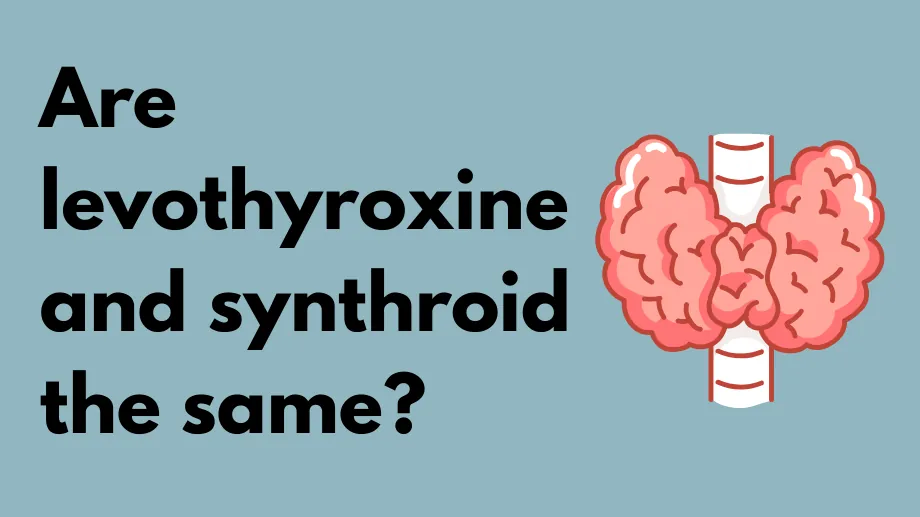
Levothyroxine sodium is one of the most prescribed medications in the U.S., used to treat hypothyroidism. It’s available as the generic form and under brand names like Synthroid, Levoxyl, and Tirosint. While they all contain the same active ingredient, differences in inactive ingredients can affect how your body absorbs and responds to each version.
Even though the FDA considers generic levothyroxine and Synthroid to be bioequivalent, the American Thyroid Association (ATA) recommends staying on the same formulation to avoid fluctuations in thyroid hormone levels—especially for certain groups like pregnant individuals, children, or people with thyroid cancer.
Is Levothyroxine as Good as Synthroid?
Some studies show generic levothyroxine is as effective as Synthroid for mild hypothyroidism. However, others suggest switching between versions may lead to inconsistent thyroid levels, making symptom control more difficult.
What Are Levothyroxine and Synthroid Used For?
- Treatment of hypothyroidism (underactive thyroid)
- Thyroid-stimulating hormone (TSH) suppression therapy
- Shrinking goiters (enlarged thyroid glands)
How Should You Take Levothyroxine or Synthroid?
Take the medication in the morning on an empty stomach, 30–60 minutes before eating. Alternatively, take it in the evening at least 3–4 hours after your last meal. Avoid taking supplements or medications that interfere with absorption—such as calcium, iron, antacids, or fiber—within 4 hours of your dose.
Available Strengths
Levothyroxine and Synthroid are available in the following strengths:
Shop Medications
- 25 mcg
- 50 mcg
- 75 mcg
- 88 mcg
- 100 mcg
- 112 mcg
- 125 mcg
- 137 mcg
- 150 mcg
- 175 mcg
- 200 mcg
- 300 mcg
Side Effects
Side effects of levothyroxine may resemble symptoms of hyperthyroidism:
- Irregular heartbeat
- Chest pain or shortness of breath
- Muscle weakness
- Headache, irritability, or insomnia
- Hives or rash
- Tremors
- Appetite changes or weight loss
- Diarrhea or vomiting
- Sensitivity to heat, sweating, or fever
- Changes in menstrual cycles
- Hair loss (usually temporary)
Serious Side Effects
- Heart failure symptoms: fatigue, swelling, shortness of breath
- Heart attack symptoms: chest pain, dizziness, cold sweats
- Severe allergic reactions: hives, facial swelling, breathing issues
Note: This is not a complete list. Report side effects to the FDA at www.fda.gov/medwatch or call 1-800-FDA-1088.
Warnings and Precautions
Levothyroxine and Synthroid carry an FDA Boxed Warning: they should not be used for weight loss. Tell your doctor if you have:
- Adrenal gland disorders
- Thyroid nodules or thyrotoxicosis

